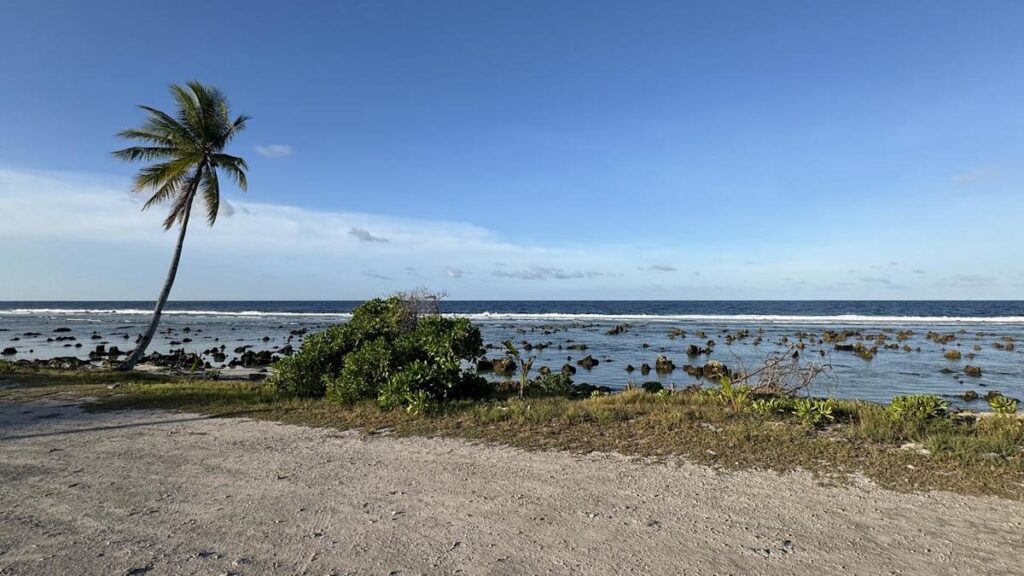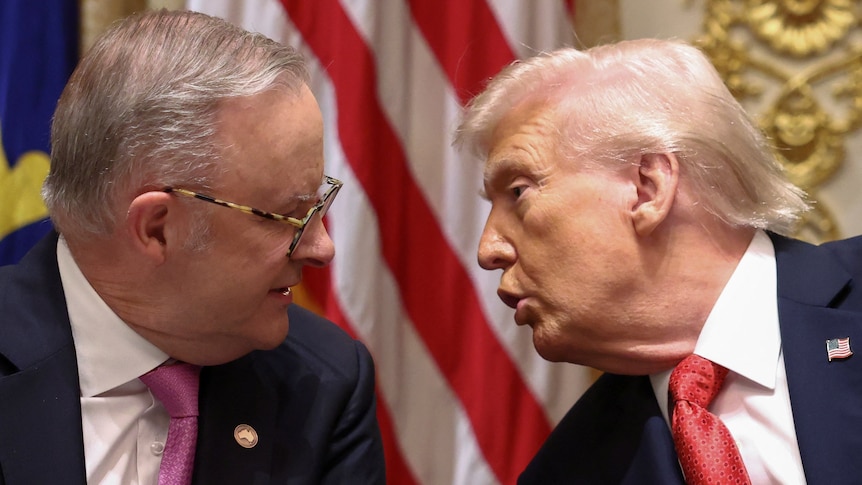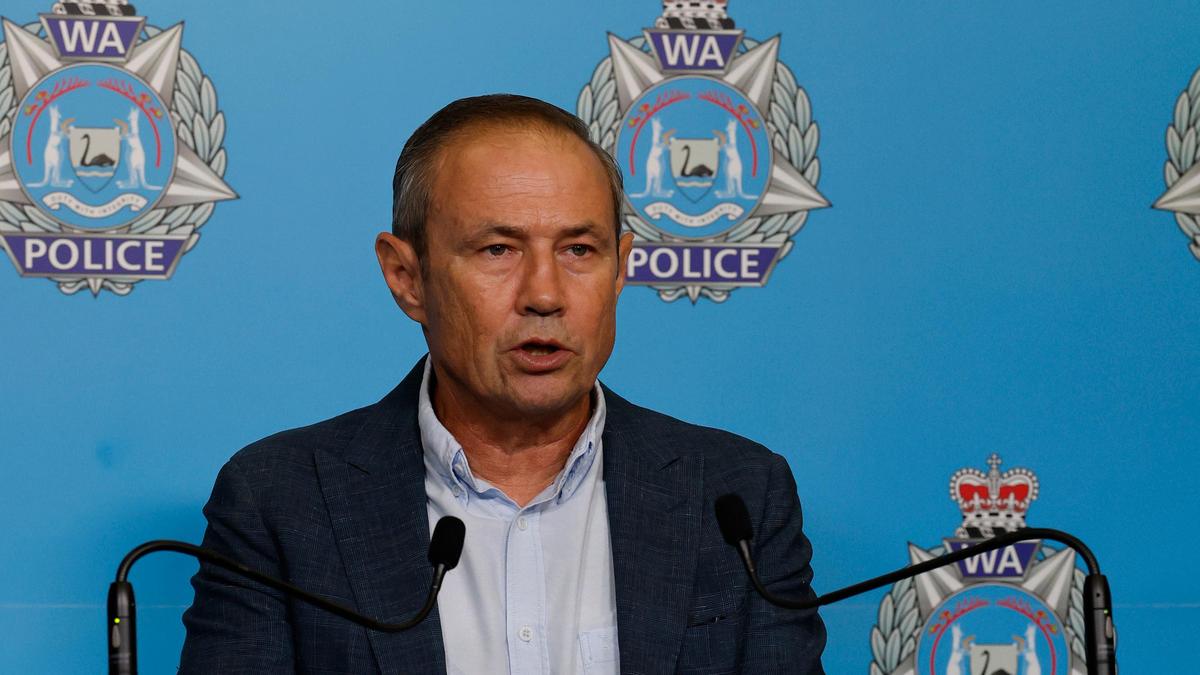
BREAKING: Australia has just announced a controversial deal to deport hundreds of former immigration detainees to Nauru, sparking immediate backlash from human rights groups. The agreement, signed by Home Affairs Minister Tony Burke, involves over $400 million in upfront costs, with an additional $70 million allocated annually, raising concerns about the treatment of those affected.
The plan targets approximately 280 individuals, including convicted criminals, known as the NZYQ cohort. These individuals were released from detention following a landmark High Court ruling on indefinite detention, and now face removal to the tiny Pacific island, home to just 12,000 residents.
Opposition voices are mounting. Shadow Attorney-General Julian Leeser defended the arrangement, stating, “This cohort of people have had ample opportunities to put their case,” while emphasizing that they have exhausted all legal appeals. However, David Shoebridge, the Greens immigration spokesman, denounced the agreement as a “secret deal,” calling it a “$400 million secret deal” that converts Nauru into a “21st-century prison colony.”
The federal government must now pass legislation to facilitate these deportations. Minister Murray Watt is pushing for swift action, noting that the intention is not to send the entire cohort at once but to gradually increase the numbers to allow Nauru to establish necessary systems.
Watt refuted claims that Australia is offloading unwanted individuals, asserting, “Nauru is an independent sovereign nation,” and the agreement resolves ongoing issues for both countries. He emphasized that the deal includes provisions for the proper treatment and long-term residence of those without legal rights to remain in Australia.
However, this agreement is raising alarms among refugee and human rights advocates. They warn that it undermines procedural fairness and could lead to mass deportations. A coalition of lawyers and academics criticized the government for dismantling essential legal protections. The Australian Human Rights Commission has also expressed concerns that proposed changes to migration rules could strip individuals of their right to a fair process.
As this story develops, the implications for both the former detainees and the broader immigration landscape in Australia remain to be seen. The urgency of the situation calls for immediate public attention and scrutiny, as the government navigates the complexities of international agreements and human rights obligations.
Stay tuned for updates as more details emerge on this significant immigration policy shift.







